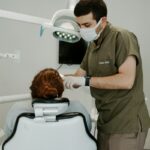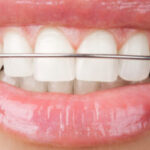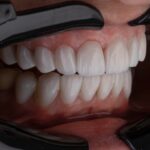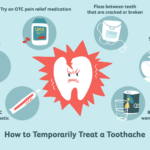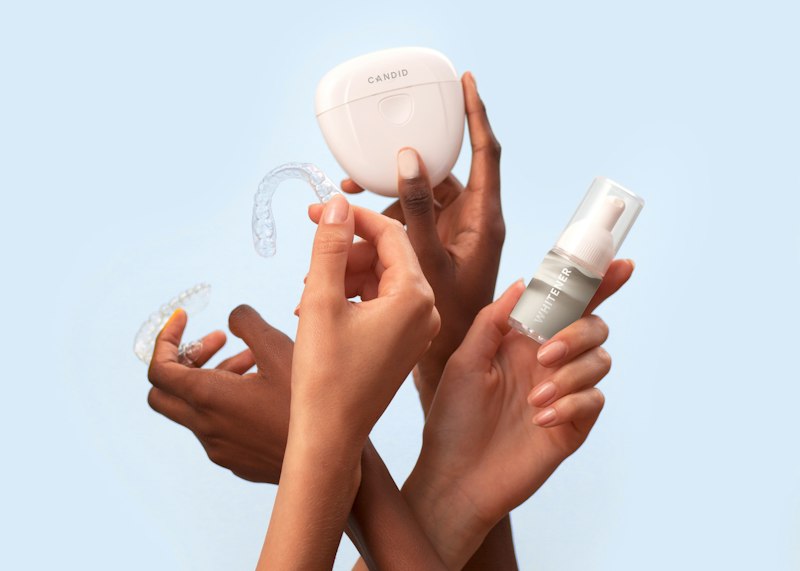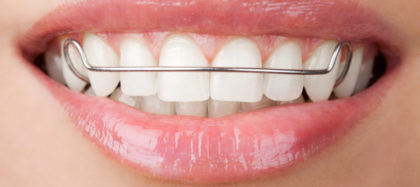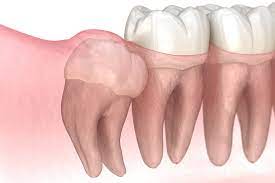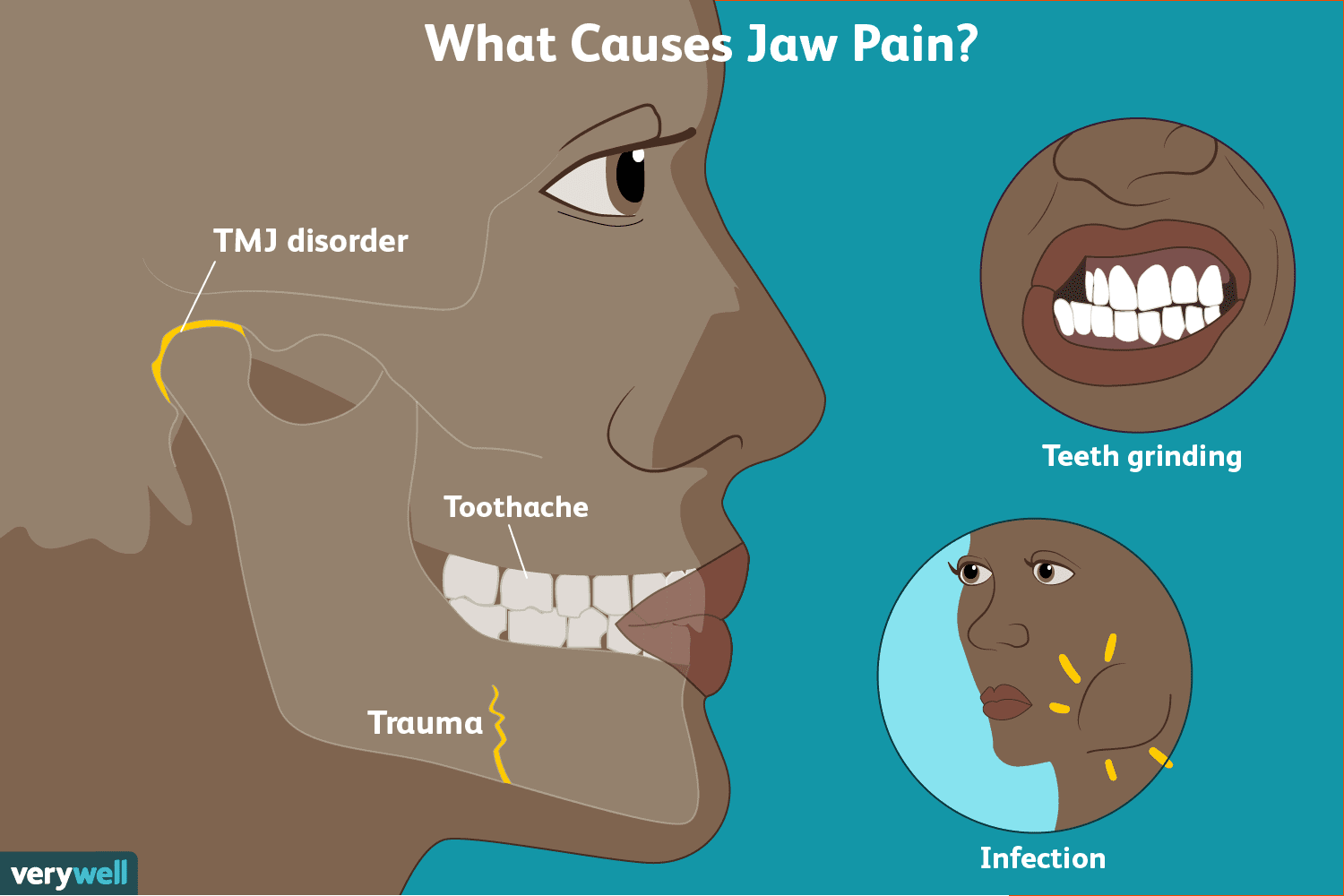Places That Remove Braces Near Me
Getting braces removed is one of the most exciting things you can do for your smile. Not only does a bright, straight smile look great, but it can also improve your overall health and wellbeing.
Once your braces are off, you can resume eating all the foods you were able to enjoy before treatment began. However, you’ll still need to brush and floss your teeth carefully.
1. Smile Change Lives
Braces can help straighten your smile, improving your overall oral health and self-esteem. They can also correct issues like crooked teeth or crowded teeth, which can cause tooth decay, gum disease and other dental problems.
However, braces can be expensive. That’s why many parents struggle to pay for their children’s orthodontic treatment.
So, they turn to the nonprofit organization Smile Change Lives (SCL) for assistance. This organization matches children from low-income families who need orthodontic care with caring orthodontists who donate their time and expertise.
SCL has a unique model wherein each family agrees to abide by the program’s rules and contributes a set amount of money to SCL. The proceeds from these donations fund more orthodontists to treat more kids.
2. Community Health Centers
Community health centers (CHCs) deliver comprehensive, affordable primary healthcare to people who may not otherwise have access. CHCs offer a wide range of services from general medical care to oral health, mental health and substance use disorder treatment.
Staffed by board-certified physicians, physician assistants, registered nurses, nutritionists and other health professionals, community health centers excel at delivering quality care in a lower cost setting. They also integrate critical medical and social services such as dental, mental health, case management and translation under one roof.
Many CHCs also offer a healthcare discount based on federal poverty guidelines to help patients save money on copays, prescriptions and costly dental services. This is especially important for people without insurance.
3. Dental Offices
Dental offices are business establishments that have invested in the latest technology for oral health examinations and treatments. In many cases, these businesses also offer a more relaxing environment for patients than dental clinics.
The people who work in a dental office have a strong desire to provide quality care and to make the experience as pleasant as possible for their patients. They often take the time to explain treatment options and answer questions about financial issues so that you can make the best choice for your family’s oral health.
There are two main types of dental offices: privately-owned practices and corporate or DSO-supported offices. In a classic private practice, the dentist or supervising dentist owns the practice and is responsible for running it.
4. Orthodontists
Orthodontists are specialists in a wide range of dental procedures and treatment plans. They are able to correct various irregularities of the teeth and jaws that can lead to speech defects, difficulties chewing and difficulty maintaining adequate oral hygiene.
Orthodox treatment can be achieved using a combination of metal or ceramic braces that gently move teeth into their correct position and the use of headgear and facemasks. These devices are designed to encourage the teeth and jaws into alignment with a plan created by an orthodontist.
In contrast to a general dentist who is generally experienced in all aspects of dental care, orthodontists complete additional University training in orthodontics, facial growth and development, biology and biomechanics. As a result, they have a greater degree of expertise in specific treatments and are more likely to recommend these when required.
